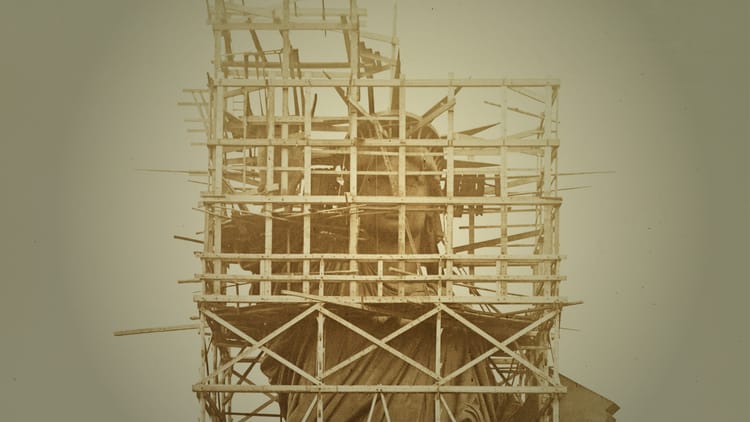‘A thing of the past’

The new administration of U.S. President Joe Biden is confronting a world of tough, urgent national-security problems. Relations with an increasingly powerful and antagonistic China are at a new low, as Beijing strengthens global ties through its Belt and Road Initiative. Russia has demonstrated American vulnerability by hacking into the networks of more than a dozen U.S. government agencies. Protracted wars in Afghanistan and Iraq are ending in defeat. And after four years of Donald Trump, even the country’s longest-standing alliances are frayed. What happened to American power in the world?
Andrew Bacevich is a retired U.S. Army colonel and the co-founder and president of the Quincy Institute for Responsible Statecraft in Washington, D.C. Bacevich says two illusions have led the country into continual mistakes since the end of the Cold War—that only the United States can fix the world’s biggest problems, and that the U.S. military is supreme and invincible. The wars in Afghanistan and Iraq are failures, and it’s well past time for the U.S. military to leave those countries and, more generally, extricate itself from the Middle East. Still, Bacevich says, there’s important work for America in the world, particularly in dealing with China and confronting climate change …
Michael Bluhm: What do you see as the key global challenges facing the Biden administration?
Andrew Bacevich: It’s a world in which American primacy is a thing of the past. The overarching claim of the post-Cold War era was that the United States was the sole superpower—the indispensable nation. Implicit in that theme was a conviction that the principal guarantor of American primacy was American military power. All parties assumed that the United States was supreme, unchallengeable. The period after 9/11 put that proposition to the test—and revealed that it was false.





